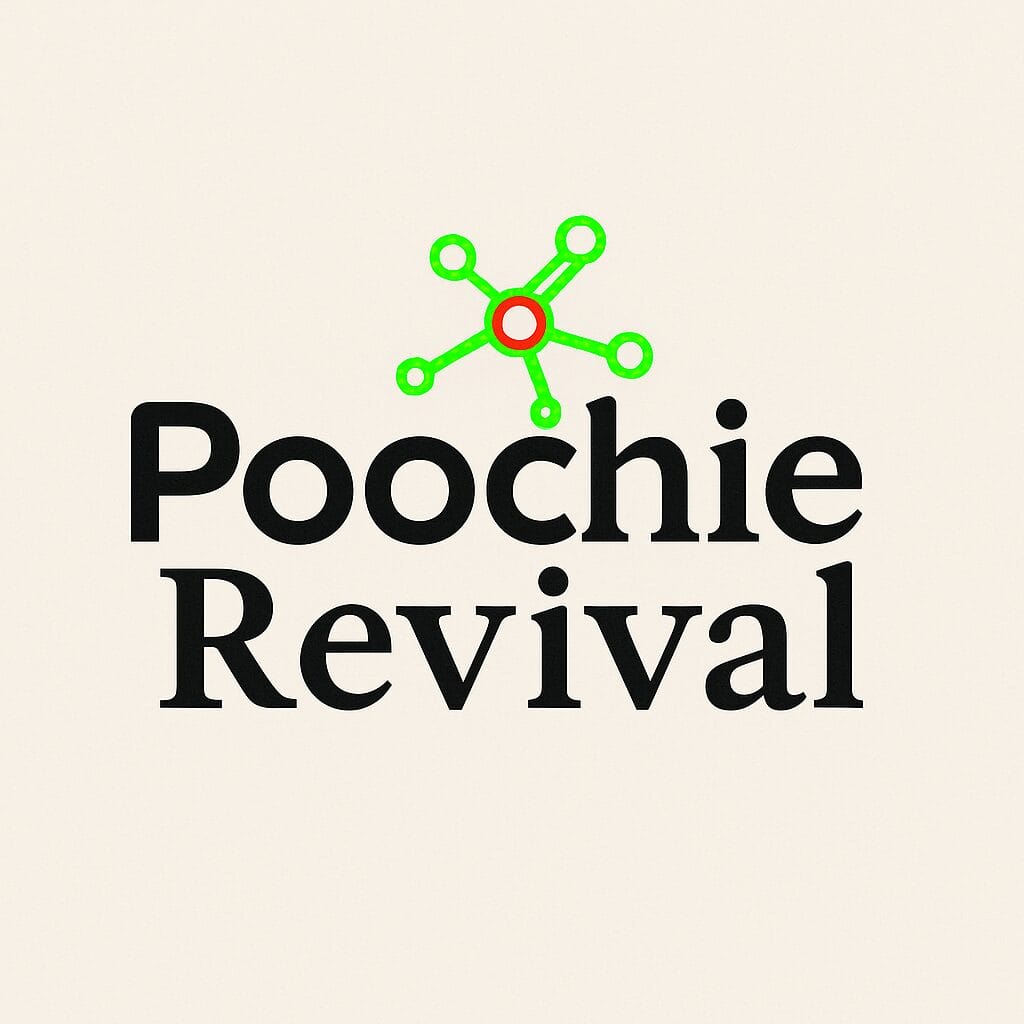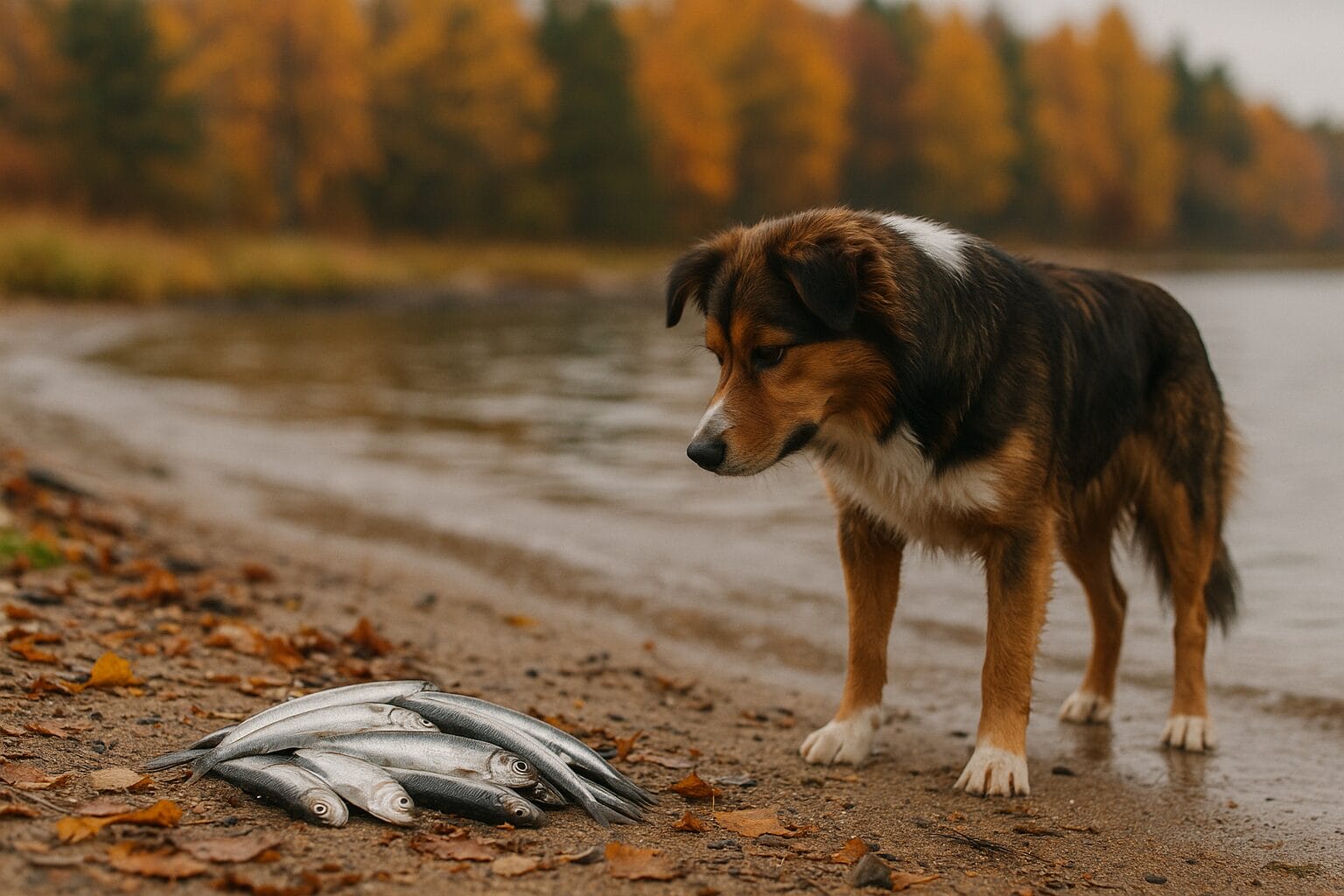Vitamin B12 is obtained only from a meat-based diet. A dog may not necessarily need it every day, but vitamin B12 is practically always obtained.
Requirement
- NRC: 1.15 µg/kgME (approximately 0.6 µg/kgBW)
- FEDIAF: 3.5 µg/100 gDM (dry foods, not used in raw feeding planning)
Overdose
The amount that causes an overdose or poisoning is not known. Vitamin B12 is considered safe for dogs when administered orally, regardless of the amounts. When administered subcutaneously, 2 – 33 µg/kgBW has caused reflex disturbances.
Sources
- meat and liver, also kidneys
- fish
Intake from food
Intake of vitamin B12 from few foods
| amount of B12 | full intake/kgBW | if wanted some % of daily intake | 30 kg dog eats to cover that percentage | |
|---|---|---|---|---|
| liver, beef | 1,1 µg/g | 0,5 g/kg | 33 % = 0,15 g/kg (full vitamin A intake) | 4,5 g |
| kidneys | 0,24 µ/g | 2,5 g/kg | 80 % = 2 g/kg (selenium 50% of intake) | 60 g |
| baltic herring (meat) | 13 µg/100 g | 5 g/kg | 21 % = 1 g/kg | 30 g |
| grounded beed/pork | 1 µg/100 g | 60 g/kg | 25 % = 15 g/kg | 500 g |
Considerations
Biotin deficiency impairs the use of vitamin B12, because it is part of a coenzyme used together with vitamin B12.
Vegan feeding can prevent or impair the absorption of vitamin B12 (please, you can’t put your dog in vegan diet!)
Giant Schnauzers may have a genetic defect that prevents the absorption of vitamin B12.


